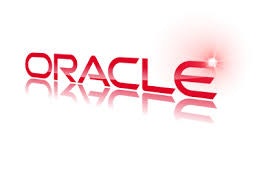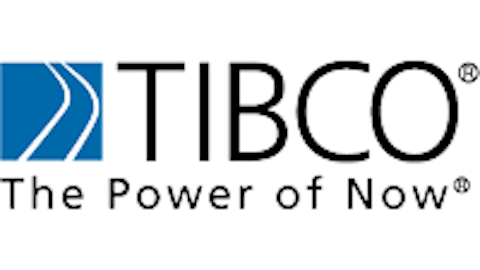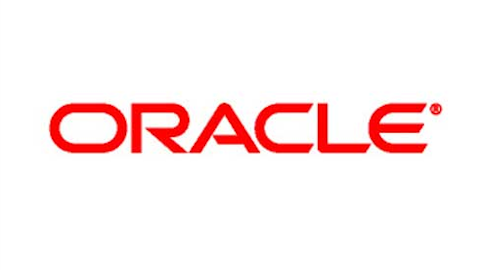
Oracle returned a lot of cash to its shareholders
Investors are feeling bearish about Oracle Corporation (NASDAQ:ORCL), sending its share price down 9% to only $30.30 per share within only one trading day. The market reacted negatively to Oracle’s share price after the company reported its sluggish fourth quarter performance. Its revenue was flat compared to the revenue in the fourth quarter of last year, coming in at $10.95 billion which was lower than analysts’ estimates of $11.12 billion. However, Oracle has managed to increase its bottom line by 10% to $3.8 billion, or $0.80 per share.
For the full year 2013, its revenue also stayed flat at around $37.18 billion while the net income grew a bit, from $9.98 billion last year to more than $10.9 billion. Its diluted earnings per share rose from $1.96 to $2.26 during the same period. Safra Catz, the Oracle Corporation (NASDAQ:ORCL) resident and CFO, felt positive about its operating performance. Catz mentioned that with a high non-GAAP operating margin at 47% for the full year, Oracle had managed to generate more than $14 billion in operating cash flow and increase the its cash level to $32 billion. She also said that the company had returned nearly 90% of its cash flow to shareholders via both dividends and share repurchases.
Oracle has been quite active in expanding its footprint in the cloud business. Oracle Corporation (NASDAQ:ORCL) acquired Eloqua, a web-based on-demand revenue performance management for improved revenue predictability, for around $870 million at the end of last year. One of its direct peers in cloud computing services, salesforce.com, inc. (NYSE:CRM), also grew its cloud business by spending around $2.5 billion to acquire ExactTarget, a cloud-based digital marketing company. Salesforce mentioned that this acquisition will establish a marketing platform across different channels including email, mobile, social and the web.
Salesforce’s and Oracle’s partnership in cloud computing
To become much stronger players in the cloud, both companies should shake hands with each other. Interestingly, just a few days ago, Salesforce and Oracle Corporation (NASDAQ:ORCL) announced a nine-year partnership in three main cloud computing areas: Applications, Platform and Infrastructure. Both companies realized that they needed to integrate their clouds with each other. Larry Ellison, Oracle’s CEO, said
When customers choose cloud applications they expect rapid low-cost implementations; they also expect application integrations to work right out of the box – even when the applications are from different vendors. That’s why Marc (Salesforce’s Chairman and CEO) and I believe it’s important that our two companies work together to make it happen, and integrate the salesforce.com, inc. (NYSE:CRM) and Oracle clouds.
At $30.70 per share, Oracle Corporation (NASDAQ:ORCL) is worth around $143.90 billion. The market values Oracle 7.4 times its trailing EBITDA (earnings before interest, taxes, depreciation, and amortization) and 3.84 times its sales. Salesforce, on the other hand, has a much higher valuation. At $38.20 per share, it is worth more than $22.5 billion on the market. The market values Salesforce at nearly 7.1 times its sales and more than 300 times its trailing EBITDA.





